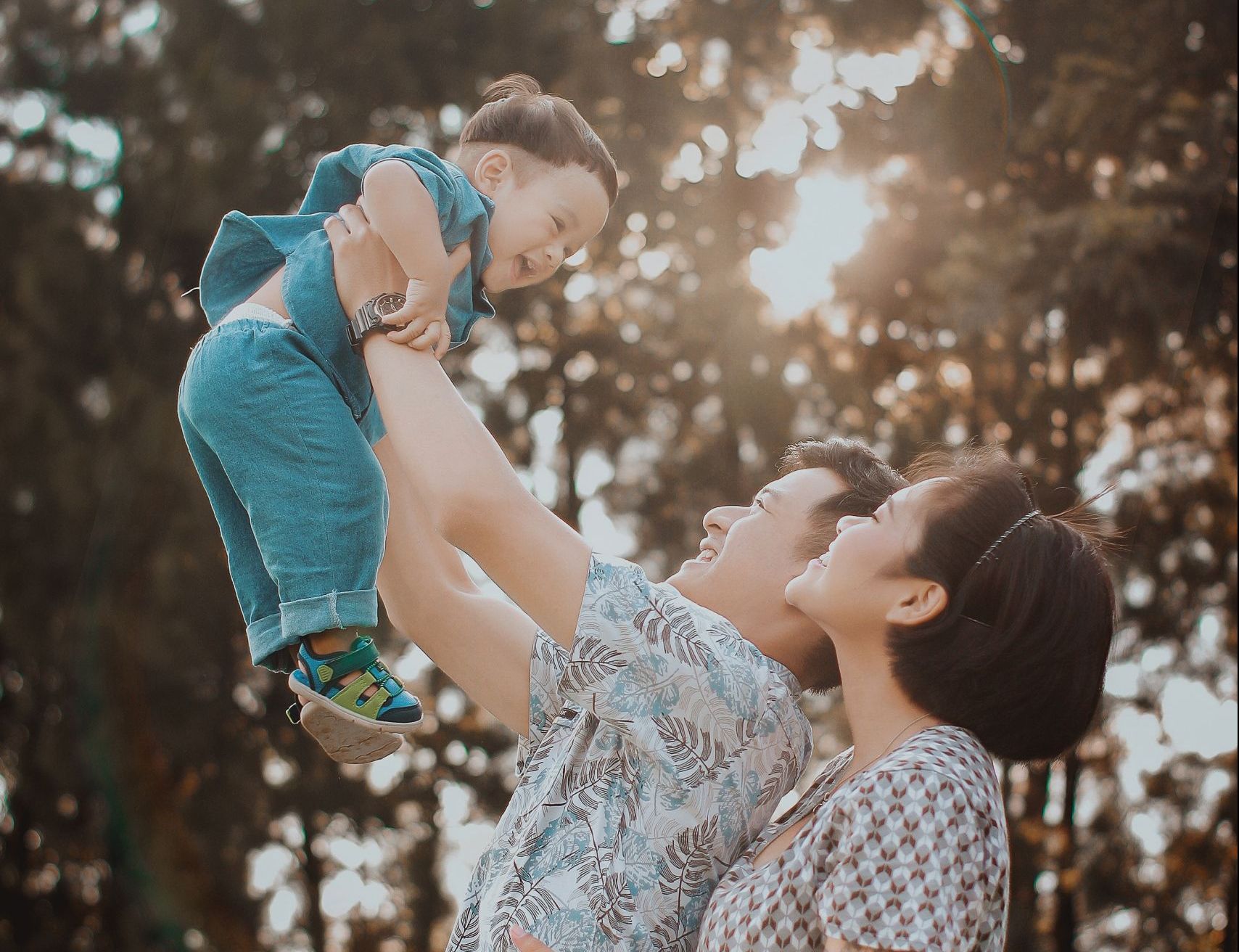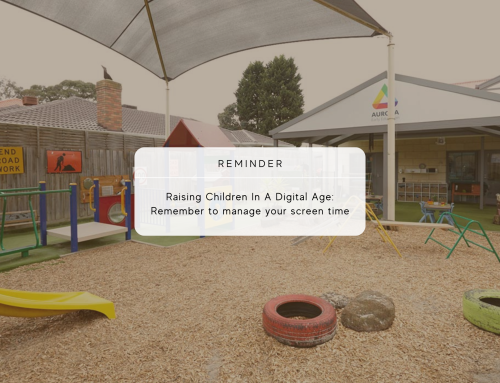Children’s brains grow the fastest in the first five years of life. This means these years are vital in laying a solid foundation for good mental health as they grow up. Children’s brains are like a sponge to their external environments.
“Most potential mental health problems will not become mental health problems if we respond to them early” – InBrief: Early Childhood Mental Health.
But not all hope is lost if you did not get a solid start in life. Focusing on your child’s mental well-being can also be a nourishing time to nurture your own too.
Let’s look at some ways you and your child can bond and build mental resilience together.
During 0 to 1 years:
Spending quality time together, regularly touching, cuddling, and kissing. Including making eye contact and responding to your baby’s cues in a warm, gentle tone. Release the expectation of “having to do it all”. The dishes can wait, quality time now is creating healthy neurological pathways for your baby and nurturing your bond together.
During 1-2 years:
Taking walks in nature together, listening to music together, and dancing. At this age, children will begin to explore big emotions. You can assist them in navigating this time by allowing them the space and time to express their emotions, without “shushing” them too quickly. This is important in later life to have emotional intelligence in relationships and friendships.
During 3-4 years:
This stage (and all stages during childhood) is a great time to explore creativity to express emotions and practice mindfulness. Allow plenty of time for “messy play” and be sure to join in with your toddler too. Allow your toddler to take the lead in play to develop a sense of self and show your toddler you’re interested in their hobbies. Allow yourself to lose track of time with your little one on a creative project and practice positive reinforcement on all their ideas. This will build confidence for them later in life.
During 5 – 6 years:
Reflection time:
Time to reflect on our emotions and how we react is a great tool to build personal awareness. This might happen around the dinner table or even at bedtime. Practice a quick check-in to ask the following questions:
- What emotions did we feel today?
- What did we learn today?
- How did we react today?
In our busy schedules as adults, we don’t often get the chance to reflect like this, doing it together with your child can be symbiotically beneficial.
Last, but not least. One of the most important gifts we can give our children to support good mental health is looking after ourselves and being able to be present, alert, and loving. This might look like asking for help and specifically taking mental health wellbeing days off to reset. And if that’s not possible, even 30 minutes of an activity that lights you up (or a much-needed nap) can allow you to be the best version of yourself. Parenting is becoming increasingly isolated, but it doesn’t have to be that way. Finding communities and services you can lean on to support your parenting journey is pivotal. It takes a village to raise a child. And that’s why we’re here. To support you, to hold space for you, and to share the love and harmony we create in our centers.
RESEARCH LINKS
https://developingchild.harvard.edu/science/deep-dives/mental-health/
https://developingchild.harvard.edu/resources/inbrief-early-childhood-mental-health-video/





